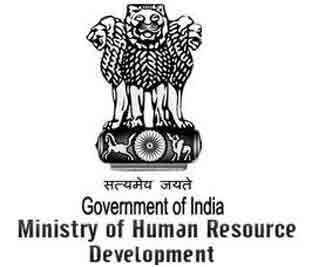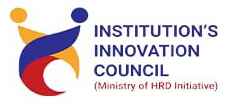| PO1 |
Engineering Knowledge: Apply the knowledge of mathematics
science, engineering fundamentals, and an engineering
specialization to the solution of complex engineering problems. |
| PO2 |
Problem Analysis: Identify, formulate, research literature,
and analyze complex engineering problems reaching
substantiated conclusions using first principles of
mathematics, natural sciences, and engineering sciences. |
| PO3 |
Design/development of solutions: Design solutions for complex engineering problems
and design system components or processes that meet the the
specified needs with appropriate consideration for the
public health and safety, and the cultural, societal,
and environmental considerations. |
| PO4 |
Conduct Investigations of Complex Problems: Use
research-based knowledge and research methods including
design of experiments, analysis and interpretation of data
and synthesis of the information to provide valid conclusions. |
| PO5 |
Modern Tool usage: Create, select and apply appropriate
techniques, resources, and modern engineering and IT tools
including prediction and modelling to complex engineering
activities with an understanding of the limitations |
| PO6 |
The Engineer and Society: Apply reasoning informed by the
contextual knowledge to assess societal, health, safety, legal
and cultural issues and the consequent responsibilities
relevant to the professional engineering practice. |
| PO7 |
Environment and Sustainability: Understand the impact of the
professional engineering solutions in societal and environmental
contexts, and demonstrate the knowledge of, and need for sustainable
development. |
| PO8 |
Ethics: Apply ethical principles and commit to professional ethics
and responsibilities and norms of the engineering practice. |
| PO9 |
Individual and Team Work: Function effectively as an individual, and as a member or leader
in diverse teams, and in multidisciplinary settings. |
| PO10 |
Communication: Communicate effectively on complex engineering activities
with the engineering community and with society at large, such as,
being able to comprehend and write effective reports and design
documentation, make effective presentations, and give and receive clear
instructions. |
| PO11 |
Project Management and Finance: Demonstrate knowledge and understanding
of the engineering and management principles and apply
these to one's own work, as a member and leader in a team, to manage projects
and in multidisciplinary environments. |
| PO12 |
Life-long Learning: Recognize the need for, and have the preparation and ability
to engage in independent and life-long learning in the broadest
context of technological change. |







